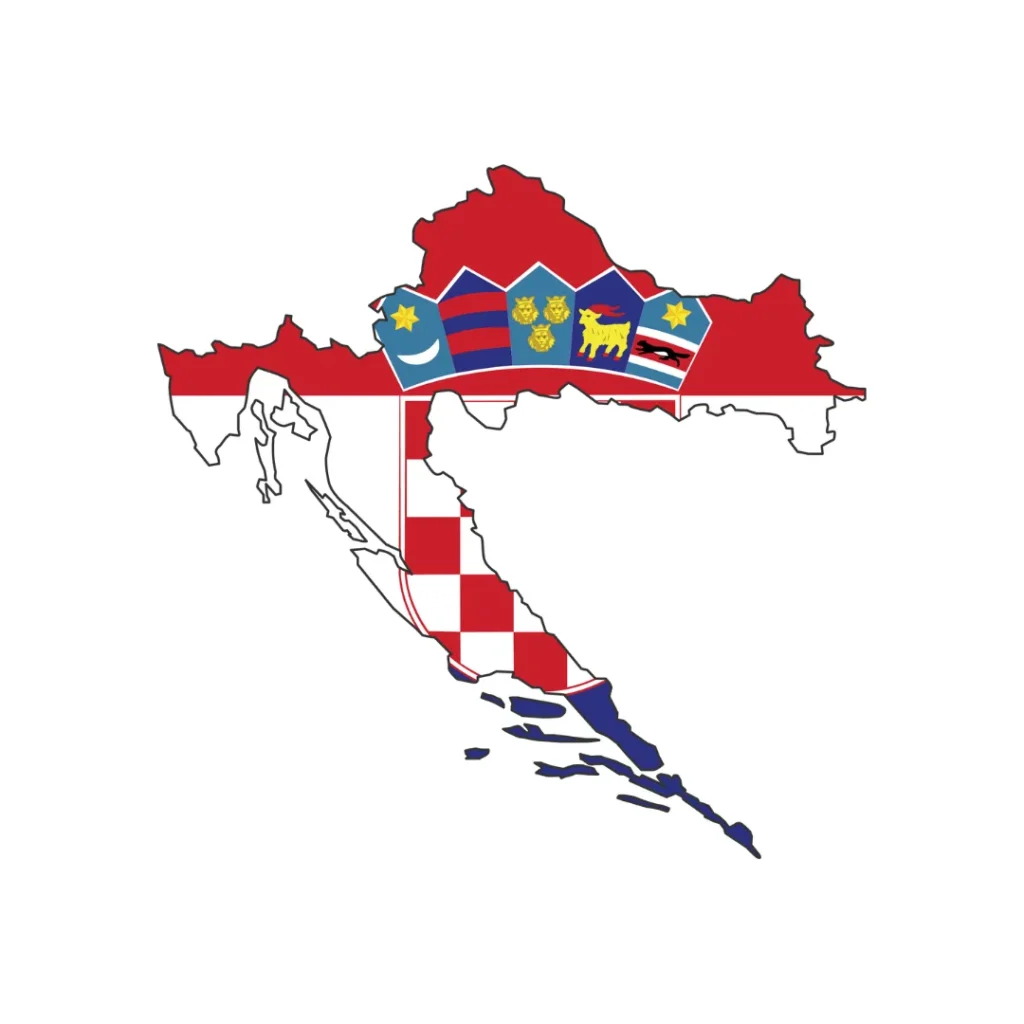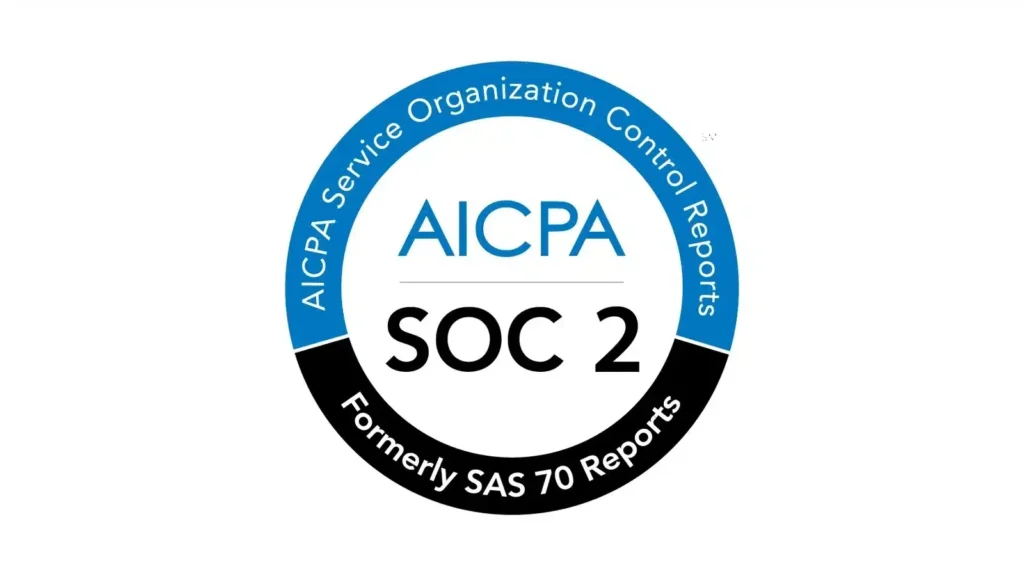-
Solutions
Discover Talent
Access top-tier candidates worldwide with our Global Talent Acquisition and recruitment services.
Employer of Record
Onboard top talent quickly and compliantly with our Employer of Record service.
Manage Employment
Adopt a human-centric approach to employee management, ensuring compliance.
Jump to:
Croatia Facts and Stats
Currency
Euro is now the official currency of Croatia since January 2023. Its currency symbol is €, EUR.
Employer Costs
16.5% of employee salary
Languages
Croatian is the official language, spoken by 6 million people worldwide.
Population
The population of Croatia as of 2023 is 4,038 million.
Payroll frequency
Salaries are paid on a monthly basis in Croatia, no later than the 15th of each month.
Hiring
Grow your team in Croatia
No entity, no problem
To start growing your team in Croatia, you must establish a local entity – including an account with a local bank, a local office and an address registered as a subsidiary. This allows you to manage payroll, tax, benefits and compliance for your employees, but can take several months. Emerald can hire and payroll your workers quickly and compliantly with their ‘ready to go’ entity. Make growing your team simple with Emerald as a global partner.
Emerald can hire and payroll your workers, quickly and compliantly with their ready to go entity. Make growing your team simple with Emerald as a global partner.
Pros & Cons of hiring in Croatia
Croatia is a member of the EU, meaning that companies hiring there have access to a vast talent pool of experienced and highly skilled workers able to relocate from other EU countries, as well as those already located within Croatia. The country has experienced vast economic growth and stability since gaining its independence. Croatia is a popular country to hire remotely due to its highly educated workforce, universal healthcare, and strong social security system. However, its bureaucratic system can be an obstacle, with various approvals and permits required to establish a business and hire in the country. Wait times are often longer than for similar procedures in other countries. Croatia’s employment laws offer strict protection against discrimination, meaning that employers must be cautious during hiring to ensure no questions or procedures put them at risk of discrimination accusations.
Why Croatia is good for remote workers
Remote working is becoming increasingly popular in Croatia, and the country is establishing itself as one of the leading remote working destinations. In January 2021 a digital nomad visa was introduced and is valid for a period of one year. Compared to some other European countries, the cost of living is relatively low.
In fact, there is a dedicated village for remote workers outside of Zadar that opened in October 2021, known as Digital Nomad Valley Zadar, or The Valley offering low-cost rental opportunities, and plenty of co-working spaces.
Start growing your remote workforce now
Employer Costs
| Health insurance | 16.5% |
| Expenses Tax Gross-up | This depends on the employee's salary and it covers income tax. |
Benefits
Mandatory Benefits
Social Security
Additional Benefits
Some employers like to offer additional benefits to improve employee retention and satisfaction.
Private healthcare
Employment
Contract
Contracts in Croatia must include:
A written contract of employment is a legal requirement in Croatia. Employment contracts in Croatia are generally for an indefinite period of time. Only under certain circumstances may the contract be for a set period, such as for seasonal work, a temporary project, or to temporarily replace an employee who may be on sick leave or maternity leave. Any contract of employment must be in the local language, state the salary in Euros, and be signed by both the employer and employee. Other details required include, but are not limited to, personal details of both parties, work location, working hours, start date, job title, job description, holiday entitlement, and notice period.
Probation
Probation periods in Croatia are permitted for up to 6 months. Probation periods will need to be included in writing in the contract of employment.
Emerald Technology can onboard employees in Croatia within 48 hours.
Restrictive Covenants
Post-termination restraints can be enforceable if they are reasonable and protect a business’ legitimate interests. An employer can stipulate that, for up to two years after employment ends, the employee cannot accept employment with a market competitor and cannot complete business transactions that are in competition with their employer.
An employee will be entitled to compensation for any post-termination restraints, which is equal to at least half of the average salary paid to the employee in the three months prior to termination of employment. Any restraints will be void if it is proven their aim is not to protect legitimate business interests, or where they are deemed to put the employee at a disadvantage with future employment and promotion.
Insurance
01.
Healthcare
Croatia has compulsory health insurance that all residents must be registered for (Obavezno zdravstveno osiguranje), which is administered by the HZZO and ensures every resident has access to basic care. Contributions are made by employers. Treatment is not always free but is heavily subsidised. There are another two options for healthcare insurance in Croatia: the first is Dopunsko zdravstveno osiguranje, an optional health insurance supplement that is available from either the HZZO, a private bank, or an insurer. This is affordable and eliminates most co-payments for primary care hospital visits. The second, Dodatno zdravstveno osiguranje, is the highest level of health insurance in Croatia and is only offered by banks and private insurers. This private healthcare option usually covers specialists, additional treatments, laboratory tests, preventative care, and extended hospital visits.
02.
Social Security Contributions in Croatia
The social security system in Croatia is based on contributions by both employer and employee and includes pension, health, unemployment, work accident insurance, maternity, and family benefits. There are certain criteria that need to be met to be entitled to these benefits – to receive unemployment benefit, for example, a person must have worked at least nine months out of the past 24 and employment must not have been terminated voluntarily, or by fault of the applicant.
Social security contributions are the responsibility of the employer to deduct from an employee’s salary before payment. Both the employer and employee are subject to social security contributions. Social security contributions for the employee consist of pension contributions, which are withheld by the employer during payroll, at a rate of 20% of the employee’s gross income, capped at €970 monthly and €12,095 annually.
Employers make contributions of 16.5% towards health insurance based on gross salary, which is uncapped. Employers also have obligations towards disabled employees – if a company employs 20 or more employees, they are required to employ a certain number of disabled individuals (3% of the total number of employees). Employers who fail to meet these requirements will need to pay a monthly fee equivalent to 20% of the minimum gross salary for each disabled employee that should be employed according to the quota.
Leave Policy
01.
Maternity
Expectant mothers are entitled to 28 days of maternity leave before the expected due date, this can be increased to 45 days under circumstances that require a doctor’s authorisation. Following the birth, the mother is entitled to at least 70 days’ maternity leave, which must be taken by the time the child is six months old. Employees are entitled to full pay by the HZZO Hrvatski zavod za zdravstveno osiguranje (Croatian Health Insurance Fund) provided they have made social security contributions for at least nine consecutive months, or a total of 12 months in two years.
02.
Paternity
Fathers are entitled to 10 days’ paid paternity leave, or 15 days in the case of twins.
03.
Parental Leave
Parents are also entitled to parental leave of 120 days per parent when the child reaches six months old, which must be used before the child turns eight.
04.
Sickness Leave
Employees are entitled to 42 paid sick days per year. The payment they receive will depend on what has been agreed in the employment contract but must be equivalent to no less than 70% of the average salary in the previous six months. After 42 days, income replacement benefit is calculated and paid by the employer and claimed back from the HZZO. Employees will need to have made social security contributions for at least nine consecutive months, or a total of 12 months within two years with interruptions.
Onboarding
Onboarding
As the legal employer, Emerald Technology requires the following employee documents to ensure complete compliance:
Emerald Technology can onboard employees in Croatia within 48 hours.
Termination
Resignation and Dismissal
When an employer dismisses an employee it must be with just cause and they must give them notice. The notice period starts from the day after the employer notifies the employee of the termination. Notice must be given in accordance with the following schedule at a minimum:
| Years of Service | Notice Periods
|
| 0 - 1 year | 2 weeks
|
| 1 year + | 4 weeks
|
| 2 years + | 6 weeks
|
| 5 years + | 8 weeks
|
| 10 years + | 10 weeks
|
| 20 years + | 12 weeks
|
Compensation
Severance
If an employee is made redundant, they are entitled to a payment based on years of continuous service.
| |
| Employees who have worked for an employer for more than two years and have not been dismissed due to misconduct will also be entitled to severance pay. | Severance pay is calculated at no less than 33% of the employee’s average monthly salary for each year of service. This is capped at six months of the employee’s salary.
|
Time off
Statutory Time off
Employees are entitled to a minimum of 20 working days’ annual leave per year. In addition to annual leave, employees are entitled to take up to 7 days’ leave per year for personal circumstances, such as the death of a family member or marriage.
Public Holidays
New Year
Epiphany
Easter
Easter Monday
Labour Day
Ascension
Statehood Day
Corpus Christi
Anti-Fascist Struggle Day
Victory Day
Assumption Day
All Saints’ Day
Remembrance Day
Christmas
St. Stephen’s Day
Emerald Technology can onboard employees in Croatia within 48 hours.
Salary / Taxes
Work, Pay and Taxes
01.
Minimum Wage in Croatia
As of January 2023, the minimum gross monthly wage in Croatia is €700, which is equivalent to a net amount of €560.
02.
Working time and Overtime
The standard working hours in Croatia are 40 hours per week typically over 5 days. Employees can work overtime but this should not exceed 8 hours per week, the employer will need to submit a written request for overtime work. Overtime will need to be paid at an additional 50% of the employees’ average salary. Employees are entitled to a rest break of 30 minutes, if working over 6 hours per day.
03.
Salary Payments in Croatia
Salaries are paid on a monthly basis in Croatia, no later than the 15th of each month.
04.
Bonus
In Croatia, employees can be offered performance-based bonuses or annual raises depending on performance.
05.
Croatia's Income Tax
The Croatian tax year runs from January to December. Below is a guide to employee income tax in Croatia.
Annual Salary Tax Rate %
Less than €47,780 20%
More than €47,780 30%

Worker misclassification in Croatia
Similar to other countries, Croatia has strict rules on classifying individual contractors and full-time employees differently. Misclassifying your workers can put your business at risk of fines.
Enquire about our global hiring solutions
Start a conversation on how we can assist you to grow your remote team.
